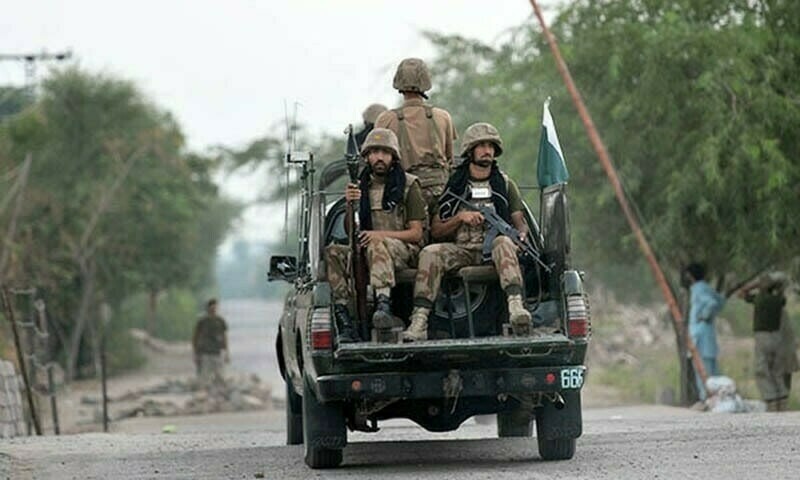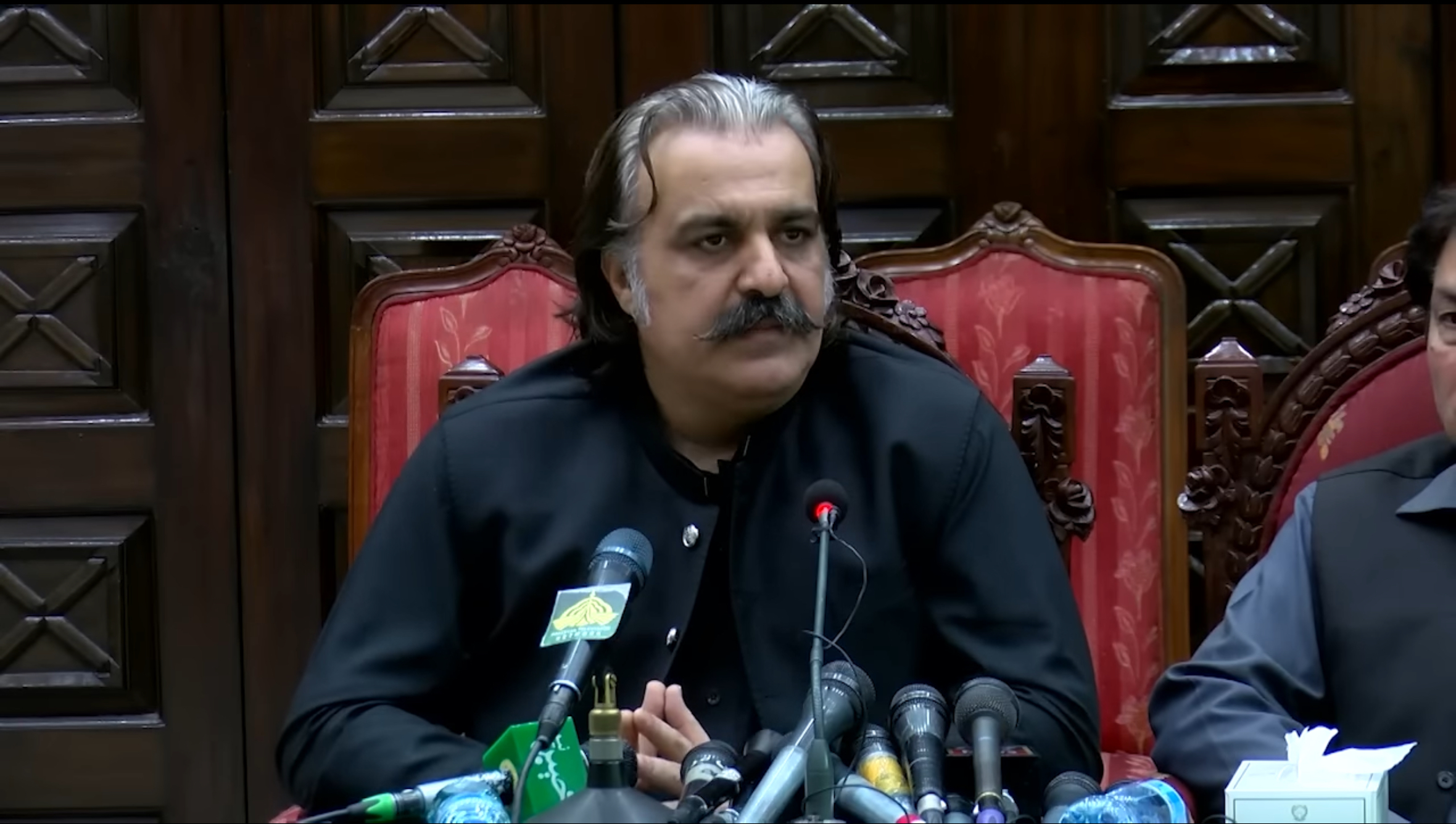In the dynamic and often unpredictable world of Pakistani politics, the recent mobilization efforts by Pakistan Tehreek-e-Insaf (PTI) have brought to light a disappointing and almost embarrassing truth. Despite its fiery rhetoric and lofty claims, PTI’s attempt to rally support for the release of its leader, Imran Khan, resulted in a shockingly low turnout—just 12,000 individuals, many of whom were allegedly paid to attend. This figure starkly contrasts with the image of a massive, unshakable political movement that PTI has long portrayed itself to be.
To anyone observing from the sidelines, the irony is hard to miss. The so-called “Redline” that PTI touted as a symbol of unyielding loyalty has, in reality, become a faint and fragile thread. What this episode truly reveals is the disillusionment within PTI’s own ranks. Former die-hard supporters now seem to be waking up to a sobering reality—that the promises, grand speeches, and fiery rhetoric might have been nothing more than empty words. The cracks in PTI’s facade are becoming too obvious to ignore, and the people of Pakistan, long caught up in the drama, seem to be moving on.
Ali Amin’s Leadership: A Provincial Disaster Waiting to Happen
One figure who has increasingly come under scrutiny is Ali Amin, the Chief Minister of Khyber Pakhtunkhwa (KP). His recent public appearances, particularly his inflammatory speeches, have painted him less as a statesman and more as a figure teetering on the edge of extremism. His aggressive language, complete with threats against the state, raises serious concerns about his leadership capabilities. It’s no wonder that his tenure is being seen as a liability, both for his province and the PTI.

What makes matters worse is the deteriorating security situation in Khyber Pakhtunkhwa. While the Pakistan Army and intelligence agencies are engaged in over a hundred operations daily to combat terrorism and maintain security, Ali Amin’s government appears woefully inactive. The resurgence of the Taliban in the province under his watch reflects not just incompetence but a blatant disregard for the safety and well-being of his constituents.
Corruption and Incompetence: A Leadership Crisis in KP
In addition to security concerns, Ali Amin’s administration has been marred by allegations of corruption. Rumors of mismanagement and financial irregularities are rife, even within his own party. Prominent members of PTI and figures such as Falak Javaid and Murad Saeed, who are accused of serious charges ranging from treason to arson, are reportedly receiving protection from Amin’s government, further eroding any semblance of accountability or justice. What compounds these failures is the growing dissent from within PTI itself. Even the Khyber Pakhtunkhwa Governor has publicly accused Ali Amin of massive corruption. Such accusations from a high-ranking party member signal a deep internal rift and suggest that even PTI members are fed up with the Chief Minister’s inability to lead effectively.
PTI’s Moment of Reckoning: The Demand for Real Change
The PTI’s latest mobilization efforts and Ali Amin’s disastrous tenure reflect a broader truth: Pakistanis are no longer willing to accept the status quo. The era of blind loyalty and unwavering support is fading, and in its place, people are calling for real change. They are demanding accountability, transparency, and effective leadership—qualities that have been sorely lacking in recent times.
It’s time for PTI’s leadership, including Ali Amin, to recognize the shifting tides. Instead of continuing down a path of divisive politics and hollow promises, they should focus on solving the real issues facing their supporters. If leaders like Ali Amin fail to rise to the occasion, they should step aside and allow someone with the competence and commitment to take the reins. The people of Khyber Pakhtunkhwa, and Pakistan as a whole, deserve better. They deserve leadership that prioritizes their welfare over political gamesmanship.
A Sobering Political Reality
The PTI’s recent mobilization has exposed a fundamental truth: the party is no longer the unstoppable force it once claimed to be. With disillusionment growing and internal cracks widening, the future of PTI looks uncertain. Leaders like Ali Amin, whose governance has been marred by incompetence and corruption, are only deepening the crisis.
In the end, Pakistanis are seeing through the facade. They are demanding better leadership, real accountability, and genuine solutions. Whether PTI can rise to this challenge remains to be seen, but one thing is clear—the era of unchecked political maneuvering is over. The people are watching, and they will no longer settle for less than they deserve.



